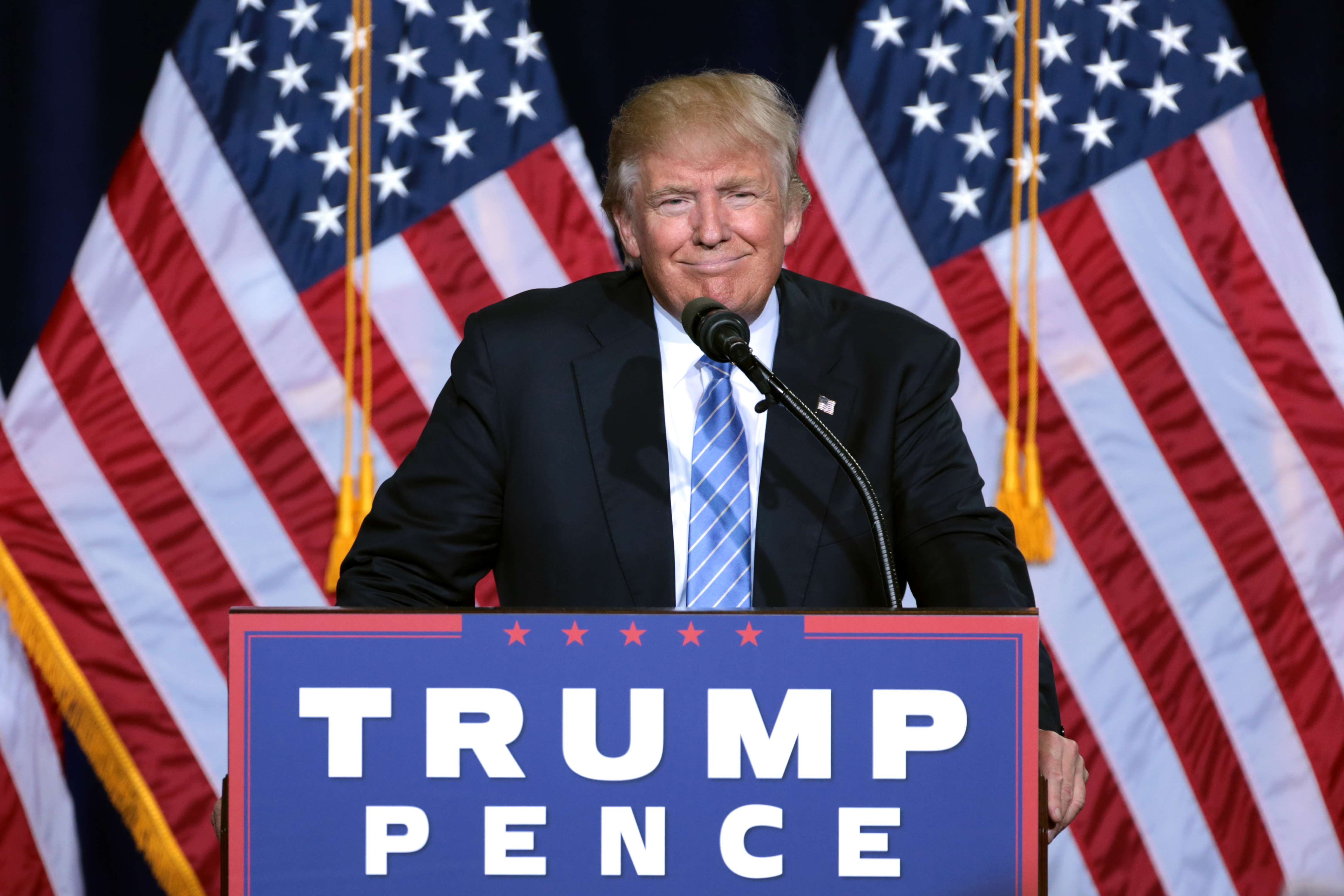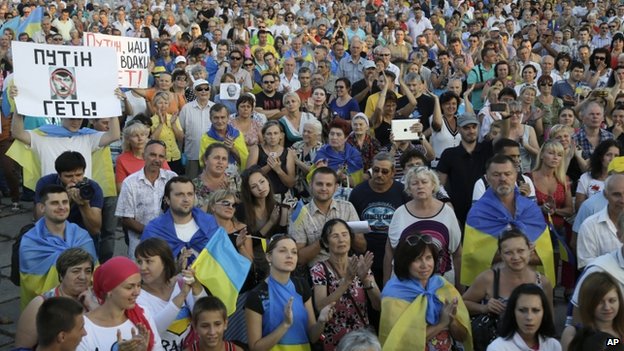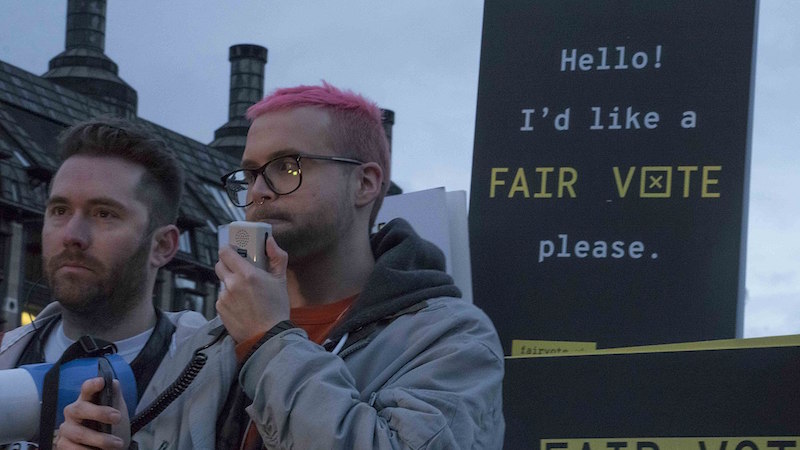As the Trump administration begins to prepare for its first 100 days in office, many have begun to speculate on whether the president-elect will fulfil his campaign promise and ‘dismantle’ the Iran nuclear deal.
During his campaign, Trump declared that if elected his ‘number-one priority’ would be to ‘dismantle the disastrous deal’ reached between Tehran and six other world powers in July 2015. Trump called the nuclear agreement ‘the worst deal ever negotiated’ and argued it could lead to an outright ‘nuclear holocaust.’
The Iran Nuclear Deal, formally known as the Joint Comprehensive Plan of Action (JCPOA), is the product of more than two years of intensive multilateral negotiations between Iran, the EU, Russia, China and the P5 +1. The agreement is the most recent attempt by the international community to control Iran’s nuclear development.
For more than two decades Iran’s nuclear program has been the subject of international criticism. Since the 1970s, Iran’s nuclear pursuits have raised international suspicion that Iran is covertly developing a nuclear arsenal. Tehran has consistently denied these accusations. As a signatory of the Nuclear Non-Proliferation Treaty, Iran has always claimed that its nuclear program is purely for peaceful purposes.
Under the JCPOA, Iran has agreed to stringent restrictions on its nuclear program for 10 to 15 years, in exchange for the suspension of severe economic sanctions. These provisions include a cap on Iran’s uranium enrichment levels, a limit on the number of active centrifuges and a reduction of Iran’s stockpile of highly enriched uranium. The agreement was formalized in UN Security Council Resolution 2231.
The landmark deal was applauded by much of the international community, but was heavily criticized by Republicans, and many Democrats in American Congress. Republican lawmakers argued that the deal has left an unacceptable portion of Iran’s nuclear program unregulated, giving Tehran the capacity to expand its nuclear capabilities rapidly once the deal expires.
Throughout his campaign, Trump expressed these Republican sentiments. As president, Trump will be positioned to renegotiate the US’s obligations under the agreement. But how much of the agreement can he actually modify?
The Iran nuclear deal is not a formally signed treaty, but a political agreement between Tehran, the EU and the P5+1. This makes it vulnerable to modifications and withdrawals, as the agreement is not binding. Using his executive authority, the president could take steps to destabilize or even undo the Iran deal. This would most likely be accomplished by reapplying US sanctions on Iran’s government and financial institutions.
That said, as a multilateral deal, no single government can independently overturn the agreement. As EU foreign policy chief Federica Mogherini, said in an interview with CNN on Wednesday, the JCPOA “it not a bilateral or unilateral issue – it is a multilateral agreement” and therefore there is no possibility that one government can change it. Iranian Foreign Minister Mohammad Javad Zarif echoed these sentiments, and reassured his nation that the agreement is “not for one side to be able to scrap.”
For major modifications to occur, there would need to be a consensus amongst all parties of the agreement. However, in this instance it is highly unlikely that Trump could convince other global powers to dismantle or renegotiate a deal that took more than a decade to complete.
The negotiating parties also have a vested economic interest in the deal. The JCPOA opened up one of the last major untapped markets to foreign investment and European firms have jumped at the opportunity to invest in Iran. While Americans were at the polls on Tuesday, the French energy giant Total signed a $4.9 billion gas deal with Iran. As the Iranian economy develops, the country and its investors will be set on “irreversible paths of growth.” As such, it is highly unlikely that countries of the multilateral accord would support renewed economic sanctions.
Tehran agreed to the terms of the JCPOA largely because of the economic relief the deal provided. If the United States violated its obligations under the deal, Iran could also choose to renege on its commitments and expand its nuclear capabilities. The Supreme Leader of Iran, Ali Hosseini Khamenei has threatened to do so, saying that Iran “will light [the agreement] on fire,” if the United States violates its terms.
If Iran’s nuclear program did return to its previous capacity, regional tensions could flare and Tehran’s rivals could be encouraged to develop their own nuclear capability. If an arms race began in the Middle East under these circumstances, the Trump administration would be the only government to blame.
Thus far, Trump’s statements on the Iranian nuclear agreement have been contradictory and ambiguous. It is therefore difficult to predict how much of his rhetoric will manifest in his actual foreign policy. However, the notion that Trump could single-handedly dismantle the nuclear deal grossly overestimates the power of a US president.
Photo: Trump campaigning in Arizona (2016), by Gage Skidmore via Wikimedia. Licensed Under CC BY-SA 3.0.
Disclaimer: Any views or opinions expressed in articles are solely those of the authors and do not necessarily represent the views of the NATO Association of Canada.




